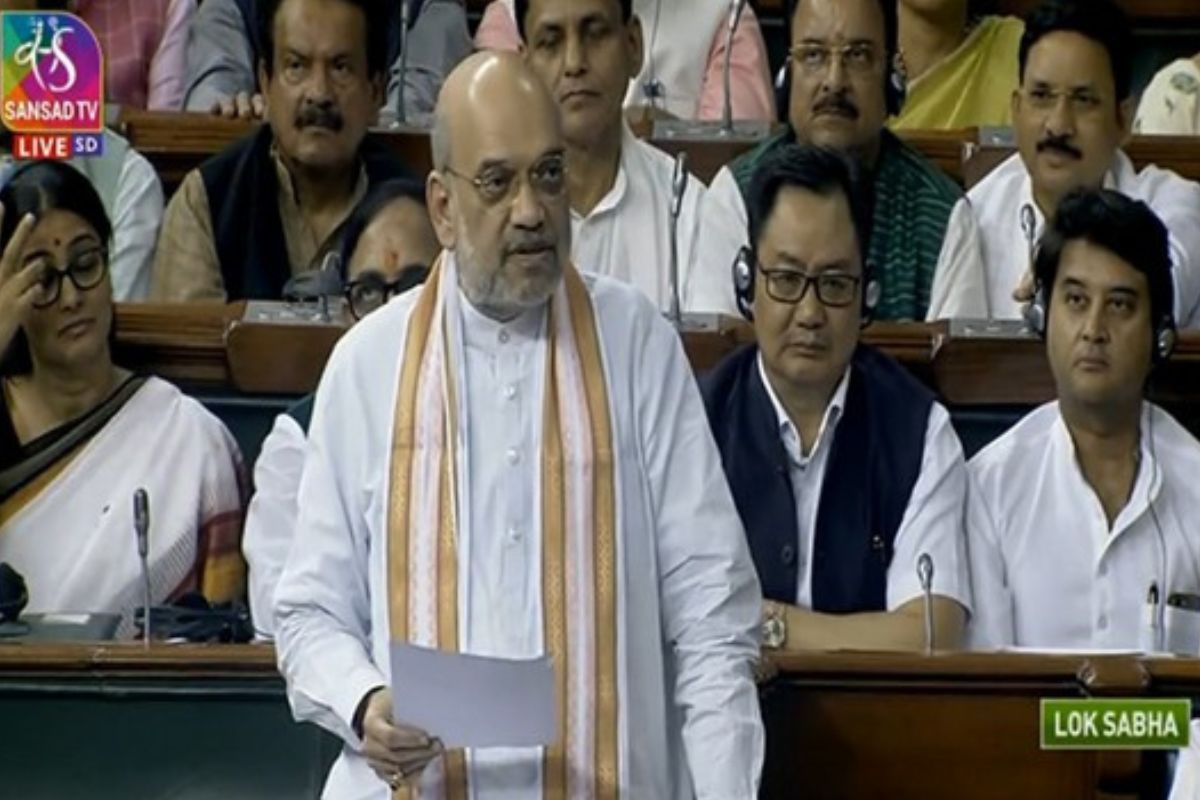Delhi CM meets Amit Shah, seeks his guidance on working for Viksit Delhi
Gupta also sought suggestions from Shah on the execution plan of the BJP government regarding the preparation to deliver the promises made to the people of the city.

Union Home Minister Amit Shah
In the current session of the Lok Sabha, Amit Shah, the Union Home Minister, brought forth three new bills. The purpose of these bills is to replace existing sedition laws. They come under Section 150.
Section 150 of The Indian Penal Code outlines that anyone who deliberately, knowingly, or through words, spoken or written, signs, visible presentations, electronic communication, financial means, or any other means, stirs up or tries to stir up secession, armed rebellion, subversive activities, fosters separatist sentiments, or poses a threat to India’s sovereignty, unity, and integrity, or engages in such acts will be liable to imprisonment for life or imprisonment of up to seven years, along with a potential fine.
Advertisement
Aiming to overturn laws enshrined in the Indian Penal Code, the Code of Criminal Procedure, and the Indian Evidence Act, the Union Home Minister introduced the Bharatiya Sanhita Suraksha Bill, 2023 in the Lok Sabha. He further directed these bills to a standing committee for review.
Advertisement
Since its inception in 1860, the IPC has stood as the bedrock of India’s criminal justice system for over 160 years. In addition to that, the act of sedition was under Section 124A of the IPC, making it a criminal offense. It no longer exists now.
Under the Bharatiya Nyaya Sanhita Bill, 2023, Section 150 covers sedition. Though the term “sedition” is not explicitly employed, the offense is defined as “endangering the sovereignty, unity, and integrity of India.”
Amit Shah emphasized the intent to replace laws from the colonial era. This move also encompasses the replacement of the Code of Criminal Procedure with the Bharatiya Nagarik Suraksha Sanhita and the Indian Evidence Act with the Bharatiya Sakshya. All three bills are under further deliberation by a Standing Committee.
Advertisement